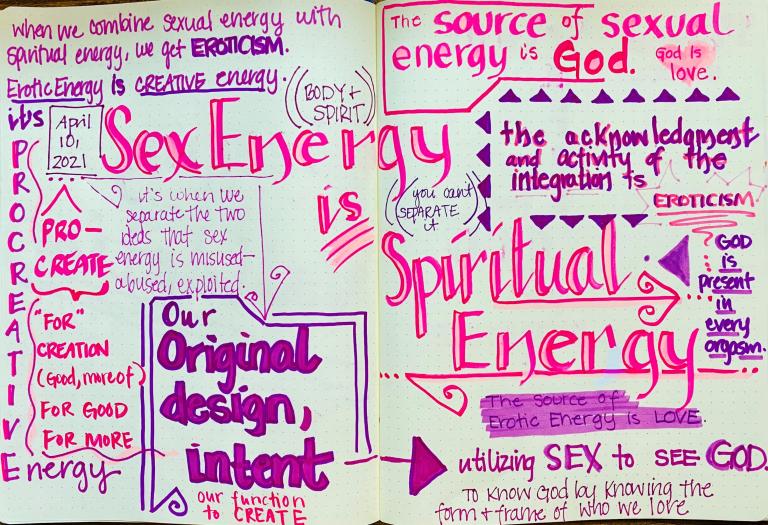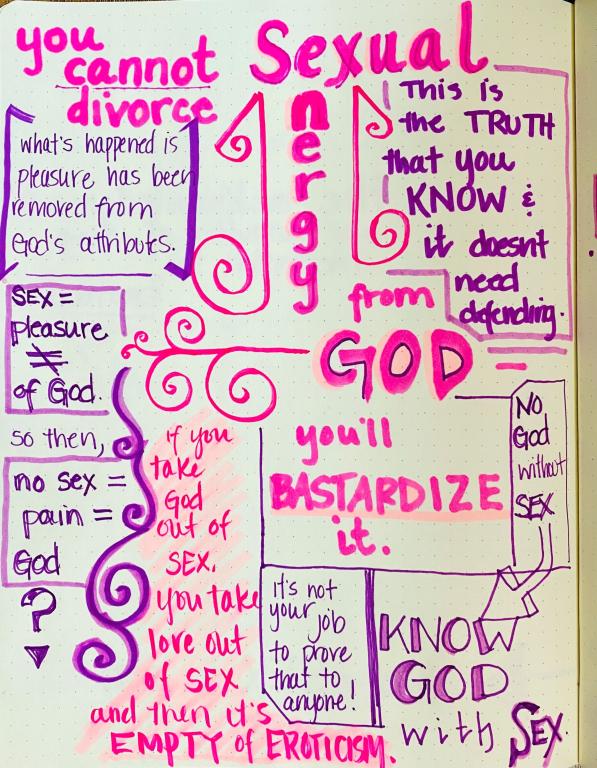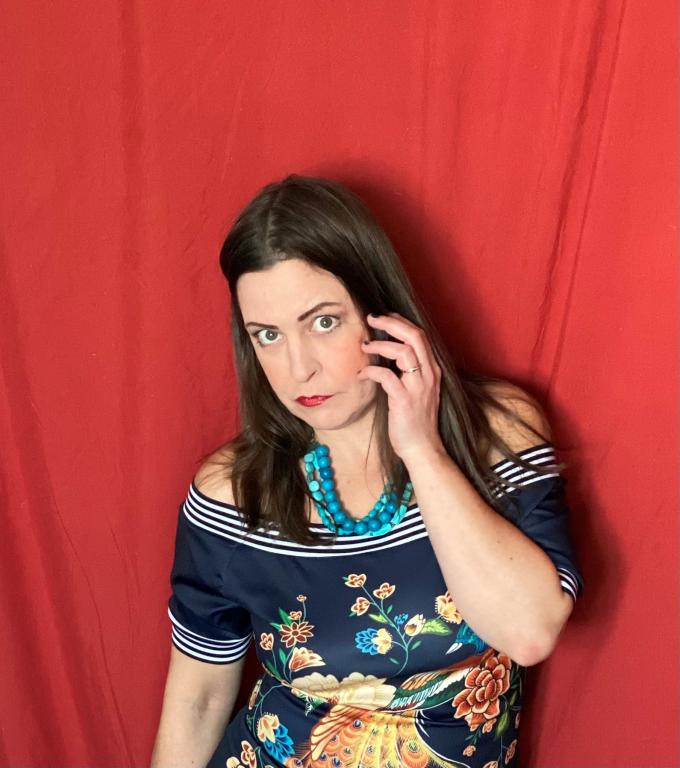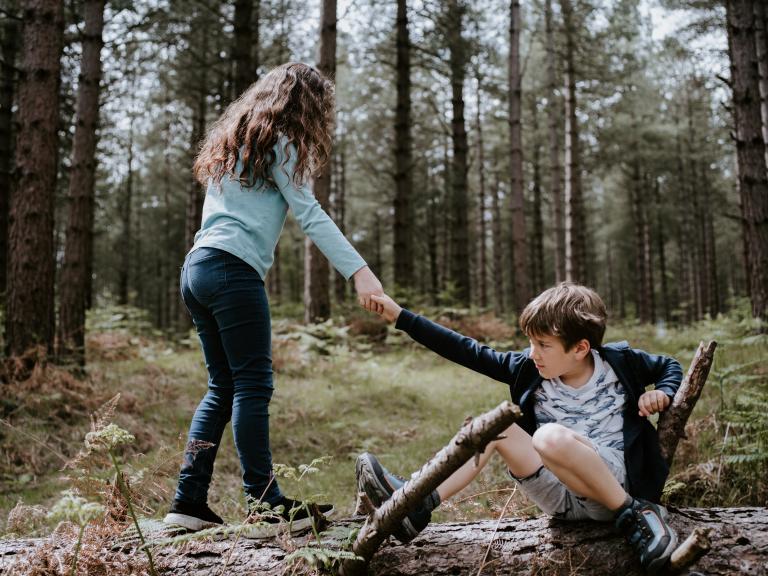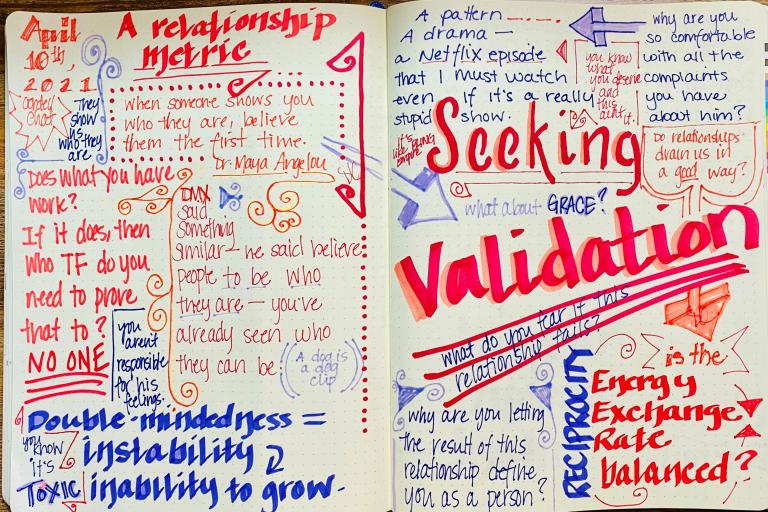
People will always find ways to validate and justify their choices and actions, even if it’s simply a cover for the inability to reconcile the conflict that it is. We will always go back to the patterns that are most comfortable and known even in our awareness of how unhealthy and toxic those patterns are.
I do not understand what I do. For what I want to do I do not do, but what I hate to do…
For I have the desire to do what is good, but I cannot carry it out.
For I do not do the good I want to do, but the evil I do not want to do—this I keep on doing.
So I find this law at work: Although I want to do good, evil is right there with me.
(Romans 7:15, 18b, 20, NIV)
Part of the process of life is becoming more self-aware of the things we do and why we do them. When we understand why we do the things that we do, we can be more mindful of choosing to do the things we want to do and do not want to do. The process, however, is for a patient mind, because sometimes, we do the things we do not want to do even when we believe that we are doing the things we do want to do. Our processor speeds lag and although the images may appear on the screen, the audio follows later. That’s how it is with self-awareness, sometimes. We become aware after the fact, not during. This is not to be seen as a deterrent to our growth, however. We have been influenced by a lot of programs and patterns in our lives, uninstalling takes time.
Some relationships become comfortable and convenient, or rather, tolerable. Even when we know that what we tolerate is still toxic, we will choose to remain in a relationship because it’s what we know. It’s like knowing you have a program on your computer that slows it down but you’re too lazy to sit and uninstall it. These types of relationships are coded into the hard drive. But what happens when you run a diagnostics test on it? Do you find that it takes up too much space and uses too much energy without really being a benefit to the system?
If only relationships had some sort of diagnostic analysis method in which we could look at all the data over time to see what it reveals about the quality and condition of our time together. If only there was a way to reflect on all the occurrences and exchanges and really recognize where the viral programs continue to cause crashes to our system.
“When someone shows you who they are, believe them the first time.”
Dr. Maya Angelou
There is a metric, we just choose plausible deniability as the option because it relinquishes our responsibility to the relationship and the participation with, which eventually makes a fool out of us. We know there is risk in the relationship. But we don’t like the idea of having to take responsibility for the relationship ending. And sometimes, we become dependent upon the other things the relationship provides for us, even if it’s not the substance of love. It could be reputation, status, child custody, economic comfort, or just plain unconscious patterning. It’s like knowing you should uninstall the program but wondering if you’re competent enough to do it. What if it takes out other drivers that are needed?
People reveal who they are like Dr. Angelou observed. When they show you, why do you choose to see something different? I could ask myself the same question, in light of the messy relationship I have been trying to disentangle myself from. We all fall back to the process of tolerance and convenience because something in our mainframe tells us it’s a trusted user. There’s no threat of viruses, but that doesn’t mean they aren’t uploading malicious software to our system.
What ends up happening is we put energy into trusting who they are not, not who they are. We do it under the guise of love but it’s really for the sake of comfort and repetition. It’s because we have grown accustomed to tolerating it.
Do we tolerate relationships because they provide us with validation of some sort?
Tolerating a relationship is like enduring a relationship out of obligation. Both premises erode the components of desire and choice in the mutual relation. And from my line of thinking, any relationship that isn’t predicated on choice and desire isn’t a relationship-oriented toward love. The intention is derived from aesthetics and not authenticity.
If I tolerate a selfish, privileged, ethically compromising, and morally questionable individual in my life, I can validate that interaction by telling myself that I am being charitable and self-sacrificing. That somehow, I can help heal this person or be a better influence on him; so that I can change him. If I change him, all this crap that I tolerate will somehow make it all worth it.
Well, now, that sounds like I am seeking validation and approval. But the question is, why am I seeking it and who am I seeking it from?
Why do we tolerate people who drain us? Why do we obligate ourselves to maintain relationships that we no longer want to be entangled with? What is it that prevents us from simply cutting the strings and letting go?
It’s the same thing that acts as an obstacle to freely receiving love when it is presented to us: fear.
We fear the unknown. We can’t validate the unknown. We don’t know what will happen if we break free from this pattern. The pattern provides us with just enough substance that we can disregard the major components of the conflict and settle for the smaller accompaniments. It makes sense. It just doesn’t make us happy.
I have been disentangling myself from a relationship that resembles a previous relationship that I could not tolerate. I was willing to engage in this relationship because it was a more tolerable version of a relationship that I failed in the past. I was willing to tolerate something now, that before I wouldn’t because it came in under the guise of something “different.” Sometimes, the difference is still the same. It’s recognizing the sameness, or the pattern, that helps us gain the ultimate clarity and move forward.
I think we are attracted to different versions of the same toxic relationships because somewhere underneath, the part that seeks reconciliation believes that we can forgive ourselves for the previous relationship we failed if we could make this one work. Maybe it’s like seeking closure? Or perhaps it’s like mission: impossible. It’s completely ego-centered and wholly unconscious, but because we can tolerate it, we believe it will be a benefit.
I can see all the ways in which this relationship mirrors a previous and poisonous relationship, but I feel as if I have the antidote to the poison now.
I said something similar, and out loud, to about 5 different people in the last week, and they all asked me if I could hear myself.
I can hear myself, now. But before, I couldn’t. I refused to see what was in front of me. I refused to see what was shown the first time, and the second time, and the third time. For me, this reveals that I have some boundary challenges to confront. It also tells me that I have some validation challenges ahead of me. We all want to be validated. But we mustn’t thirst for it so much so that we are willing to swallow down any cheap substitute.
We are always being challenged by boundaries. And while we may tolerate the boundaries we have set, we also have the option to set new ones. We can change our minds. We don’t have to obligate ourselves or tolerate others for the sake of salvaging a relationship for societal congruency or status. We don’t have to be the savior to the asshole. And anyway, you can’t save anyone from being an asshole if they don’t recognize they are, in fact, an asshole. We can edit our expectations for relationships if we are not getting energy or life out of the relationship. We are adults. We can make these kinds of decisions. We have a choice. Love is about choice. Eroticism cannot exist without it.
I was caught up in proving myself to someone who just wasn’t ready to accept me as I am, and who wasn’t willing to embrace all that I may change into. Mutual recognition is about acceptance for all that is and yet to be. When you have these components at play, the need for validation, feelings of obligation, and the intentionality of tolerance evaporate. What we cultivate instead is compassion, grace, and understanding. From a conscious place, then, we choose to engage in relationship dynamics that encourage growth and diversity. Our confidence grows and we recognize that we deserve more than what we have been allowing ourselves to receive.
When the Apostle Paul recognized that his choice to do what he did not want to do came out of sin and not out of the natural goodness of the Spirit of God, this distinction helped him see what he refused to see before—the first time. He came to that discovery by way of setting his intention with the energy of love and grace rather than tolerance and obligation. The Spirit of Love, the Spirit of God, convicts us, without predication. Without what if’s and without obligatory tolerance. And if pity is entangled anywhere in the relationship dynamic, that’s definitely not healthy or conscious at all.
If you recognize, as I have, that sometimes we fall back into the patterning of comfort, obligation, tolerance, and validation; extend yourself some grace. It’s the most natural thing of humans to do—falling back into old habits (that die hard). But after you forgive yourself for the oversight, ask yourself if what you are seeking can be given to you first, by yourself. Then, ask yourself if you have other relationships in your life that you could put a little more energy into, and in return, receive a charge that fulfills your needs.
Relationships will drain you of energy, to an extent. But in this weird paradox, while we give energy away to others, the ones that relate to you with an intention of love will charge you right back. Reciprocity is a fundamental exchange within the realm of eroticism. It’s the give and takes of love that makes the risk of a relationship so rewarding. It’s the kind of energy exchange you want to take responsibility for.
If you find yourself not wanting to take responsibility for the relationship, reflect on it. I recommend journaling your thoughts. Record yourself on audio or video, type a post—find a way to really express your reflections in a way that you can see them, defined, and in print. This helps really conceptualize and materialize the conflict(s) of the relationship and provides you with more data to analyze to access the overall history and cycle of the dynamic.
Erotic embodiment isn’t an absolute remedy to all conflicts in life, especially pertaining to relationships. It is, however, a unique and individually curated plan of action that helps us adjust the settings of our system so that we are operating at full capacity.
